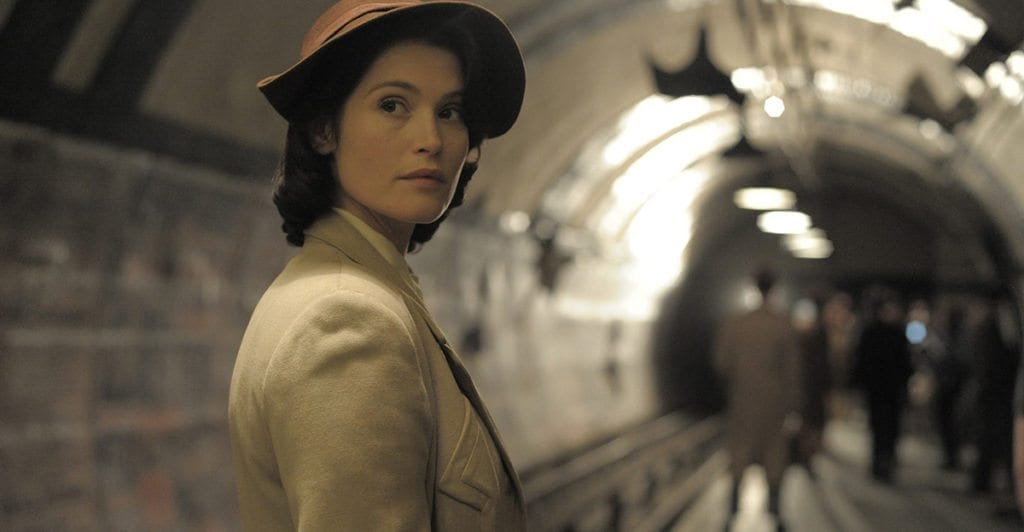
Women winners: Why are females missing out on industry awards?
A new study from Women’s Media Center has found “little progress” for female nominees in this year’s non-acting Oscar race. With 77% of all behind-the-scenes nominations awarded to men, the report states: “Despite a concerted push by women and their allies to achieve greater representation for females in all parts of the film industry, the percentage of women barely inched up to 23% from 20% last year in the nine major non-acting categories that feature writing, editing, producing, and directing roles.”
While Rachel Morrison is applauded as the first female cinematographer to be nominated for an Oscar in 90 years, the study also outlines three categories where women were shut out entirely: Visual Effects, Original Score, and Sound Editing.
The non-female zones of the Academy Awards

“Female VFX supervisors worked on only 5% of the 250 top-grossing films in 2014, and the numbers do not appear to be improving.” According to figures, eight women have been nominated for sound editing in the past ten years and out of the 141 original scores eligible for Oscar nomination, only five were composed by women.
Meanwhile, “only Rachel Portman for Their Finest or Tamar-kali for Mudbound had a realistic shot” at nomination for their original scores, but neither were honored. In the Best Picture category only eight female producers were chosen, down from last year’s ten year high of nine.
“This is especially disappointing considering five of the nine films nominated for Best Picture star or co-star a female lead, and four of them have Best Actress nominations,” the report reflects. “This represents an unusually strong year for female-driven films. The last time there were four Best Picture contenders featuring Best Actress nominees was 2012.”
The Academy Awards aren’t the only culprits

The 2018 British Academy Of Film And Television Arts recently came under fire for a similar diversity-snafu with what some critics saw to be an underrepresentation of female film industry professionals. Notably, there were no female nominees included for consideration in the categories of Best Film, Best Director, Best Cinematography, Best British Film, Best Original Score, or Best Sound. Over the pond, the awards ceremony was basically a gigantic sausage-fest.
According to the Verdict, “slightly less” than 23% of all nominees were female in 2018. However, if you discount those who were part of a mixed-gender team, that percentage drops to 18% representing just 17 nominees out of 92 non-actor nominations.
It’s also interesting to note that Cannes Film Festival hasn’t awarded their most esteemed prize – the Palme d’Or – to a woman since Jane Campion for The Piano in 1993. That’s 24 years’ worth of women apparently failing to create cinematic excellence (by Cannes’s standards at least).
Do award show failures simply reflect movie industry representation?
As disclosed by the Center for the Study of Women in Television and Film, women are apparently underrepresented in non-acting Hollywood roles. Despite making up 52% of the moviegoing population, women only managed to represent 8% of directors, 10% of writers, 2% of cinematographers, 24% of producers, and 14% of editors on the top 100 grossing films of 2017.
While the study focused on the behind-the-scenes work of major motion pictures, it’s worth noting the British Independent Film Awards presented a more optimistic portrait of female filmmakers in indie cinema. BIFA’s gender diversity analysis found that from 2016 to 2017, female nominees for Breakthrough Producer had risen from 35% to 44%, and from 13% to 31% for Best Debut Screenwriter.
The Oscars: Are we in for more virtue-signalling?
The aforementioned studies may suggest female filmmakers are underrepresented behind the scenes. No doubt, this is a topic that will be heavily discussed at the forthcoming Oscar awards, although we can’t help but despair at the thought of another example of diversity-themed chest puffing. Are the 2018 Academy Awards set to be yet another night of red-carpet virtue signalling? All signs point to yes.






